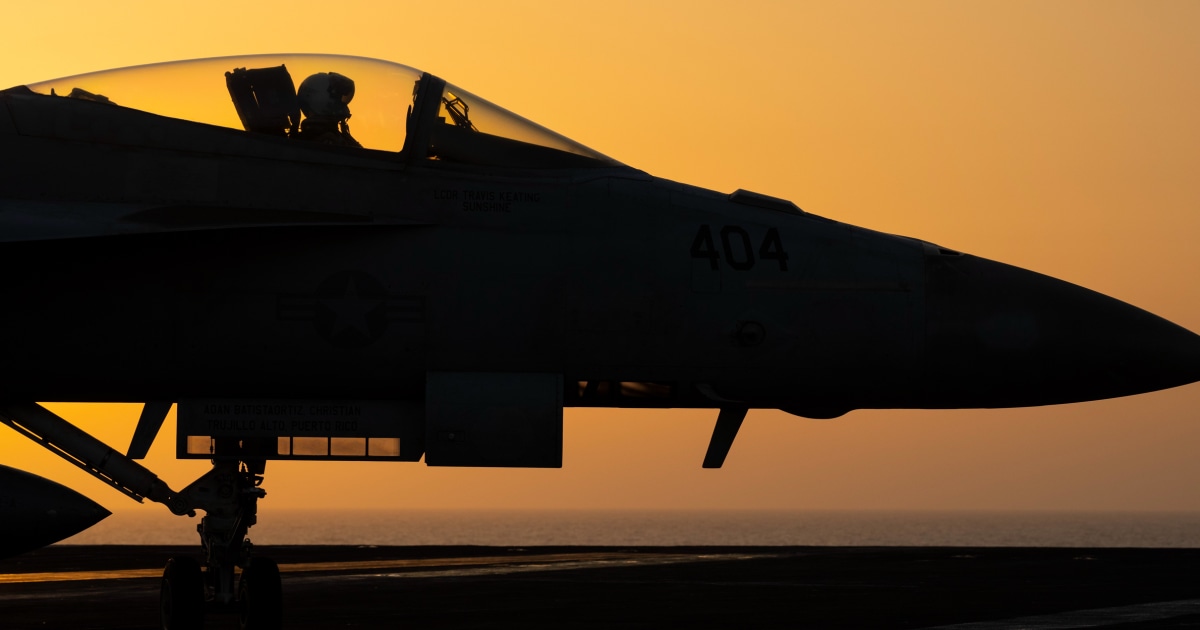Atlanta
CNN
—
Three days after a computer update problem caused more than 5,000 flight cancellations around the world, things are pretty much back to normal — except at Delta Air Lines.
Atlanta-based Delta canceled 1,500 flights on Friday, or more than a third of its schedule. That’s more than any other airline in the world, according to flight tracking service FlightAware. It grounded nearly 3,000 more flights over the weekend, and early Monday had canceled 700 more flights, or about 60% of flights canceled by all airlines worldwide. Most other US airlines had only 1% of its flights canceled, compared to roughly one out of every six scheduled Delta flights.
In a note to customers Sunday, Delta CEO Ed Bastian apologized for the disruptions and attributed the problem to the computer program affecting its “crew tracking” software.
“One of our crew tracking-related tools was affected and unable to effectively process the unprecedented number of changes triggered by the system shutdown,” he wrote in a note to customers. “Our teams have been working around the clock to recover and restore full functionality.”
While many airlines large and small had the CrowdStrike problem affect computers that were supposed to check in passengers, it appeared that Delta might have been the one airline that had its crucial crew scheduling software affected.
At Atlanta’s Hartsfield International Airport on Monday, friends Nicole DaSilva, Tiffany Denlinger and Melissa Levine had been traveling since Saturday to get home to Tucson, Arizona, after an international trip to Athens. But they were told that finding a flight for the last leg of their trip could take until Wednesday or Thursday.
“We’ve been on multiple different flights, and they’ve all been canceled,” DaSilva said, clutching a handful of tickets that could not be used.
Denlinger stayed glued to her phone, waiting to speak with a Delta employee. She held up her phone to show how long she’s been on hold: “Six hours and 20 minutes,” she said.
But the problem with the critical crew tracking system was still not fixed as of Monday morning, according to a video message to Delta staff from Bastian and Rahul Samant, the company’s chief information officer.
“So we’re optimistic we’ll get it done,” Samant said in the video message. “There will be some things as Ed said, that we will do today, tomorrow to get to a better place by the end of the week.” He said the IT staff is working “feverishly” and “around the clock” to fix the problem.
Delta appears to still be in the dark about the whereabouts of their crew members. Crew members logging on to the company’s computer system to sign up for flights receive prompts and questions that include: “Please enter below what airport code you are closest to,” “What is your current status?” and “Please describe your current location.”
A person familiar with the airline’s operations allowed CNN to see screen shots of the prompts. Delta would not comment on the screen shots.
Delta is offering crew members premium pay, as well as additional assurances they will be able to travel back to their homes at the end of their work period, according to the screen shots viewed by CNN. The premium pay and assurances would be in place through Friday, another sign the staffing problem may not be fixed for several more days. Delta also declined to comment on these offers to crew members.
The problems with the flight groundings and delays produced nightmares for travelers throughout the weekend. And they were only one part of the “largest IT outage in history” that was caused by the CrowdStrike, which shut down an estimated 8.5 million computers running Windows software worldwide, disrupting hospital operations, package deliveries, banking and retail transactions.
CrowdStrike said late Sunday that “a significant number” of those affected computers “are back online and operational.” But in the case of affected airlines, it is not just computers that need to be fixed. It can take longer to get crews needed to fly planes in the right cities to again staff flights.
“An airline is kind of like your circulatory system. If it stops, even for just a short time, the blood isn’t where it’s supposed to be,” said airline consultant Michael Boyd. “Getting airplanes back to where they need to be, people where they need to be…all of that takes time. So even if it’s disrupted for only a few hours, it can take five times as long to make it right.”
The problem for passengers was made worse by the busy summer travel season, according to Bastian’s message to Delta customers.
“The technology issue occurred on the busiest travel weekend of the summer, with our booked loads exceeding 90%, limiting our reaccommodation capabilities,” he wrote.
Transportation Secretary Pete Buttigieg spoke with Bastian on Sunday about the problems and taking steps to compensate passengers, according to a statement from the Department of Transportation.
“I have made clear to Delta that we expect the airline to provide prompt refunds to consumers who choose not to be rebooked, and free rebooking and timely reimbursements for food and overnight hotel stays to consumers affected by the delays and cancellations, as well as adequate customer service assistance to all of their passengers,” said Buttigieg in the DOT statement. “No one should be stranded at an airport overnight or stuck on hold for hours waiting to talk to a customer service agent.”
Bastian told Delta passengers in the message that the airline would “continue to offer meal vouchers, hotel accommodations and transportation where available. And as a gesture of apology, we’re also providing impacted customers with Delta SkyMiles and travel vouchers.”
The problems at Delta are similar to the problems that occurred at Southwest Airlines over the end-of-year holiday travel period in 2022 when it had to cancel nearly 17,000 flights over the course of more than a week. In that instance the problem was attributed to its crew scheduling system, which Southwest unions criticized as “antiquated” and which Southwest executives vowed to fix in the wake of the service meltdown.











